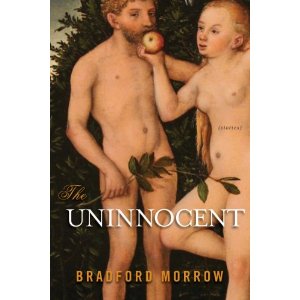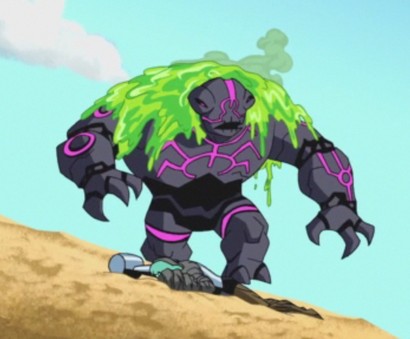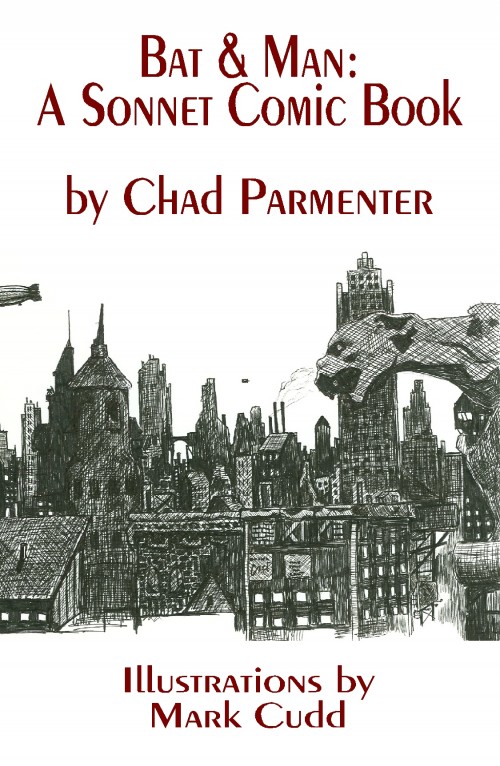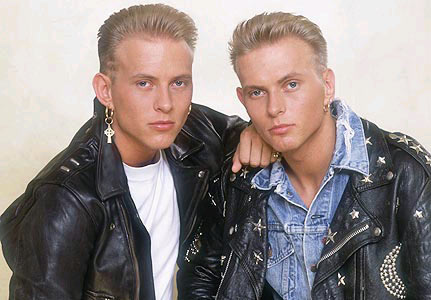 As both author and editor, Bradford Morrow, has been a major figure on the American literary scene for more than three decades. To date, he has published six novels (including The Almanac Branch, Trinity Fields and, most recently, The Diviner’s Tale), a novella (Fall of Birds), five collections of poetry, two illustrated books (including A Bestiary, a collaboration with Eric Fischl, Kiki Smith, Richard Tuttle, and fifteen other contemporary artists) and has edited nine collections of poetry and prose. Morrow is also the founding editor of the literary magazine, Conjunctions, which will publish its fifty-eighth issue this spring. His first collection of short fiction, The Uninnocent, has just been published by Pegasus Books. —Stephen O’Connor
As both author and editor, Bradford Morrow, has been a major figure on the American literary scene for more than three decades. To date, he has published six novels (including The Almanac Branch, Trinity Fields and, most recently, The Diviner’s Tale), a novella (Fall of Birds), five collections of poetry, two illustrated books (including A Bestiary, a collaboration with Eric Fischl, Kiki Smith, Richard Tuttle, and fifteen other contemporary artists) and has edited nine collections of poetry and prose. Morrow is also the founding editor of the literary magazine, Conjunctions, which will publish its fifty-eighth issue this spring. His first collection of short fiction, The Uninnocent, has just been published by Pegasus Books. —Stephen O’Connor
O’Connor: You call your book The Uninnocent. I am very interested in the idea of “un-innocence.” How do you distinguish it from guilt (not in the sense of the emotion, but of being responsible for a wrong act)?
Morrow: The way I think about it, if innocence is a state of grace, an absence of inner darkness, uninnocence is its antithesis: a state of perpetual shadow, one in which serenity and goodness are distant dreams, if that. While the darkness of the uninnocent isn’t always calculating—thepeople in these stories are not all born wicked—through the agency of some flaw or naïveté they simply break bad. Even before they’re guilty of anything, many of them never seem to be fated for an innocent life. The narrator of the opening story, “The Hoarder,” openly admits of his childhood self, “I was a weird little bastard.” He wasn’t yet a perpetrator of any misdeed, but innocence didn’t seem even to him to be a defining part of his character. One could fairly ask why coin the word “uninnocent” when the language is so replete with terms for the reprehensible, the blameworthy, the delinquent, the wicked. But while many of the people in my stories behave in ways that society appropriately considers wrong, or even depraved, my approach to writing about these individuals was from the inside out. It was important to me to locate a deeper grace or humanity within them and use that as an empathic starting place—a tentative innocence they themselves often do not recognize—and weave their failings around that fragile locus. Another aspect of uninnocence in the book is that so many are never caught or convicted of anything, and when they are restrained by authorities, they’re often convinced the system is working against them, don’t understand why the system has targeted them. John, the narrator of “All the Things That are Wrong with Me,” feels perfectly justified in doing the disastrous things he’s done and can’t understand why he’s been separated from normal society, forced to reside in a kind of Cuckoo’s Nest asylum with others who, unlike himself, are truly mad. And I more or less see where he’s coming from, though I disapprove of his basic vigilantism when he exacts eye-for-an-eye, tooth-for-a-tooth punishment on a kid who’s behaved sadistically toward his dog. READ MORE >








